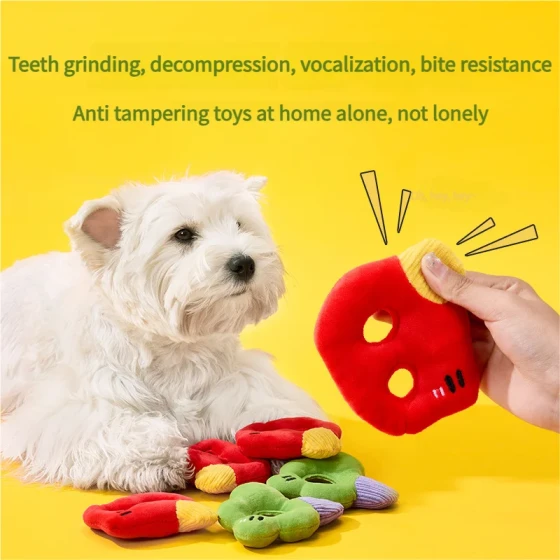How to Feed German Shepherd Puppies
German Shepherd (detailed introduction) is a relatively popular dog, suitable both as a household pet and as a working dog. German Shepherds are very smart and obedient to their owners. When we bring a German Shepherd puppy home, what work should we do? Let's talk with the editor of Boqi Network about how to feed German Shepherd puppies.

German Shepherd Puppy
Feeding German Shepherd Puppies: Weaning
The weaning period for puppies is generally based on two months after birth, but this does not mean nursing must last a full two months. In fact, it is rare for mother dogs to nurse for a full two months. Usually around 30 to 40 days after giving birth, the mother gradually becomes tired of nursing, and the milk secretion rapidly decreases, especially when there are many puppies in one litter, which accelerates the mother's fatigue. There are commercially available canned dog food and wet dog food with balanced nutrition that can be fed two to three times a day, with no more than one spoonful each time. If only dry dog food is available, it should first be soaked in warm water until soft before feeding the puppy. When the puppy is learning to eat solid food, the mother dog should be present. It is recommended to purchase from Boqi Mall, which offers a wide variety.
Feeding German Shepherd Puppies: Feeding Utensils and Feeding
Feeding utensils should be selected from heat-resistant, wear-resistant, and sterilized metal products. Puppies should ideally use heavier, wide-bottomed utensils that are not easy to tip over. Each puppy should have its own feeding utensil fixed at the height of the puppy's neck, so the puppy does not have to exert much effort while eating. If the feeding utensil is placed on the ground or at a low level, the puppy will have to lower its head while eating and shift its center of gravity forward onto its front legs. This unnatural posture can easily cause front leg bending.
Feeding German Shepherd Puppies: The Most Ideal Food
Minced meat and fish (with low fat) are essential foods for puppies. Next are milk, eggs, vegetables, noodles, rice, bone meal, various vitamins, cod liver oil, internal organs of cattle and pigs, chicken and duck heads, etc. Grated carrots have high nutritional value and are inexpensive, and mixed with honey make an excellent puppy food. To keep the puppy’s teeth strong and chewing normal, it should often chew on beef bones. In addition, fresh and clean drinking water is absolutely necessary.



